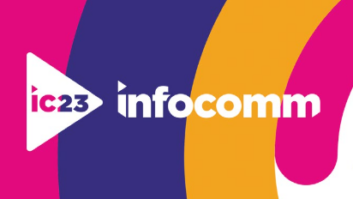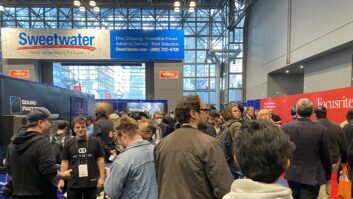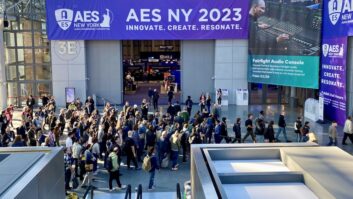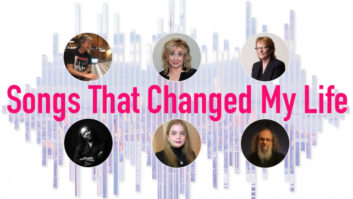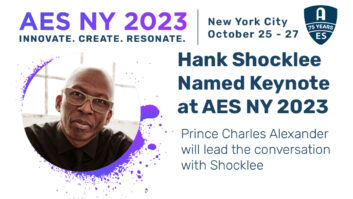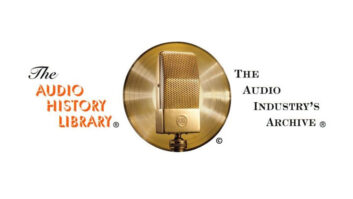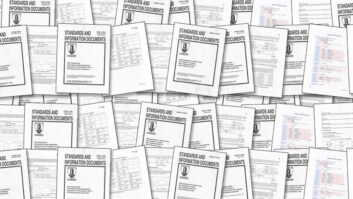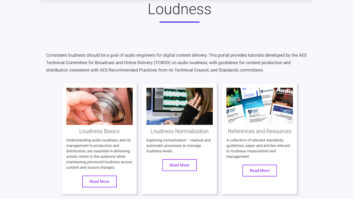New York, NY (October 18, 2018)—Committee co-chairs Leslie Gaston-Bird and Piper Payne and the other panelists at the AES Diversity and Inclusion Committee Town Hall event on Wednesday morning discussed the character of AES’ ongoing efforts to improve diversity of its membership. The goal, as set out in the committee’s mission statement, is to attract and sustain diverse representation across genders and gender identities, races, physical abilities, ages and nationalities, as well as to welcome diverse musical genres and embrace emergent audio fields and research.
The focus here is on underrepresented groups; while the push includes increasing the number of women in pro audio, it also targets an increased emphasis on diversity in audio genres, in the availability of funding and even in geography, placing greater importance on the experiences of members from around the world, not just North America and Europe.
The strength of the Audio Engineering Society, a membership-based organization, comes from a diverse membership, according to Gaston Bird. “This makes us stronger, by having all of these influences.”
She underlined her position with a quote from Pam Laird, her faculty mentor at the University of Colorado Denver: “Business is a profoundly social process and no one can succeed alone.”

While it is difficult enough to balance the skill, technical expertise and creativity required to execute a really good audio mix, for example, what’s needed now is a simultaneous focus on the success of the community at large, which is made up of all the audio engineers and sound studios and post-production houses. No matter how well meaning the industry, diversity and inclusion doesn’t happen on its own. It takes acts of intention to move the needle.
Gaston-Bird noted, “I put up our mission statement, which had the term ‘radiating inclusivity.’ I think we need to do more than simply ‘radiate inclusivity.’”
Payne pointed out how the Recording Academy recently announced an independent task force on diversity and inclusion. Led by Tina Tchen, that group is examining barriers and biases affecting women and other underrepresented voices in the music industry.
Terri Winston, executive director of the Women’s Audio Mission and a panelist at this Diversity and Inclusion Committee town hall event, commented on the fact that positive results from that push by the Recording Academy have come quickly. She hopes to see similar success at the AES, which is placing emphasis on ensuring diversity across the organization, on committees and the Board of Governors. Involvement from the top of the organization creates a mandate that will help focus attention on the issue.
“I don’t know if I like to think of it as change, per se. I like to think of it more as an evolution. And I think the Society [AES] has been evolving since the beginning—it’s 70 years we’re celebrating this year,” said Agnieszka Roginska, AES president-elect and panel member, of AES’ 70th anniversary. “That evolution until recently has been very, very slow, and that’s why we have been seeing an unbalanced representation in conference and panels, and on the Board of Governors. But in the past few years—for many reasons, including what has been happening globally—that evolution has taken on a lot more force.”
She noted that it was only last year that the first Diversity and Inclusion Committee town hall took place at AES, “but on the panel were Alex Case, who was the president at the time, and Bob Moses, who was the executive director at the time, sitting here and really showing that the Society is committed to diversity and inclusion, all of it, not just gender diversity but everywhere. I think that was a very powerful moment, to have the highest level of authority in the Society to state that commitment.”
“The Society is huge. We have sections all over the world,” Roginska added. “We all need to work together because AES is a members-based society. I am so happy to see you all here and I’m so happy to see all the people who are coming to conventions who are committed to this, because I think if we all work together in driving this force, it’ll happen faster and in a better way.”
Gaston-Bird continued with a call to action. “We’re trying to do more than feel-good work. We’re actually trying to enact change and we’re actually trying to make things happen. If you want to get involved, that’s my email address [[email protected]] and that’s the website [www.aes.org/community/diversity].”
If all members of AES work together to increase diversity and inclusivity, perhaps it will happen faster and better than any of us can imagine.
AES • www.aes.org
